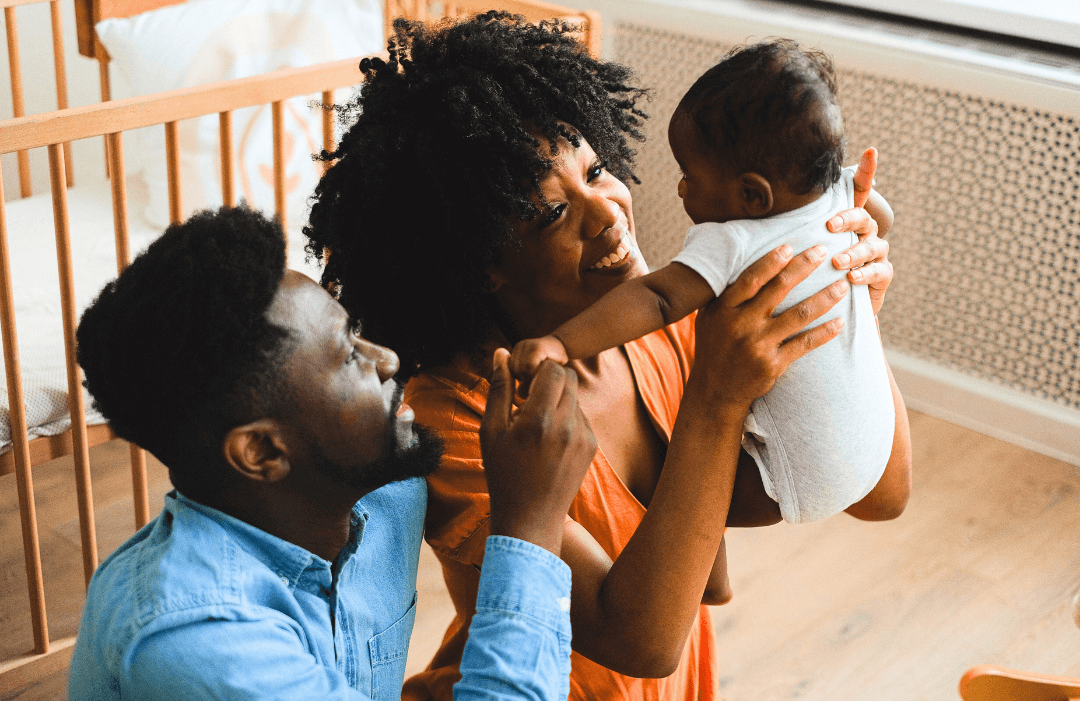
How to Read Early Red Flags Without Spiraling Into Fear
Need help tracking your child’s milestones or accessing early screenings? Apply for free support through ABJS. We’re here, and you’re not alone.
You’ve probably asked it a hundred times already.
“Is this normal?”
Your toddler avoids eye contact.
Your baby isn’t babbling yet.
Your preschooler plays alone—like, all the time.
And while your friends are swapping milestone moments over coffee, you’re secretly Googling things at 2 a.m., heart pounding, wondering if you’re overreacting—or missing something important.
If this is you… you’re not alone.
And no, you’re not failing.
You’re just a parent who cares deeply and wants to get it right.
Let’s talk — really talk—about the early red flags that often get missed, brushed off, or misunderstood.
Not with fear.
But with clarity, compassion, and actionable help.


Read more articles here.
🚩 The Less-Obvious Red Flags Parents Often Miss
Most lists focus on major delays like not walking by 18 months or not talking by age 2. And yes, those are important.
But at Adorable Babies Jump Start, we’ve found that the earliest indicators of developmental differences are often subtle and deeply emotional for caregivers to witness.
Here are a few lesser-known signs to watch for:
1. Your child seems “too easy”
We all want a calm baby… until we realize they never cry, don’t respond much to noise, and seem indifferent to faces.
Why it matters: Babies are wired to connect. Low responsiveness might indicate sensory processing issues or social delays.
2. They avoid movement or resist being touched
Your toddler panics when their feet leave the floor, hates being swung or lifted, or stiffens during cuddles.
Here is why this is so important: These may point to vestibular sensitivities or early signs of motor planning challenges.



3. Play lacks variety or imagination
If your 2–3-year-old lines up toys for hours or only spins wheels instead of pretending or exploring roles, it’s worth a closer look.
Look out for this: Rigid or repetitive play can sometimes be an early flag for ASD or executive functioning struggles.
4. They don’t point, show, or share interest by 12–15 months
Joint attention — like pointing to a plane and looking to see if you saw it too — is one of the earliest signs of social connection.
Why it’s important to know this: If it’s missing, early intervention can support healthy social-emotional development before challenges escalate.
5. Gut issues, picky eating, or constant illness
Wait—what does digestion have to do with development?
A lot, actually. The gut-brain connection is real. Reflux, constipation, or extreme food aversions can signal sensory sensitivities, anxiety, or nutritional gaps affecting brain development.
What You Can Do Next (Without Panicking)
“But What If I’m Overthinking It?”
You probably are. And that’s okay.
Because the very fact that you’re paying attention makes you an incredible parent.
The truth is, you don’t have to diagnose or fix everything.
But you do deserve tools to help you understand what you’re seeing — and when to trust your gut.
Book a Remote Screening or Support Call
You don’t need a referral, diagnosis, or insurance. Just curiosity and care.
Join our Parent Circle (monthly Zoom)
You’ll meet other parents who get it, plus experts who speak human, not clinical.
Start small. Watch. Reflect. Then ask.
Sometimes a small shift in routine or play can make all the difference.
From One Parent to Another
Hi, I’m Victoria. I’m not a doctor. I’m not a therapist.
I’m just a mom who used to whisper “Is this normal?” to myself more times than I can count.
My daughter didn’t make eye contact for what felt like forever. She hated being touched. She barely made a sound for her first 18 months. I told myself she was just “quiet” or “sensitive,” but deep down, I knew something needed attention. Still… I was terrified of being told something was “wrong.”
Then I found ABJS.
They didn’t throw labels at me.
They didn’t make me feel like I missed something.
They gave me tools, clarity, and a mentor who didn’t just guide me—she stood with me.
Today, my daughter is in preschool, building towers, making friends, and telling us full stories at the dinner table. We still have our ups and downs. But I don’t spiral anymore. I support her with understanding—and myself with grace.
If you’re feeling what I felt… don’t wait to feel better before you reach out.
Reach out to feel better.
With love and solidarity,
Victoria – ABJS Parent


One Last Thing
If you’ve read this far, chances are you’re carrying a quiet worry, or maybe a loud one.
So let us say this:
You’re not broken. Your child is not broken. And you don’t have to walk this alone.
We see you. We hear the questions behind your eyes. And we’ve built this entire mission to meet you right here—in the middle of the unknown—with tools, care, and community.
Ready to Take the First Step?
See our additional resources:
Asking for Help Should Feel Like a Brave Step — Not a Hard One
Join us
Join us
Join us now


0 Comments